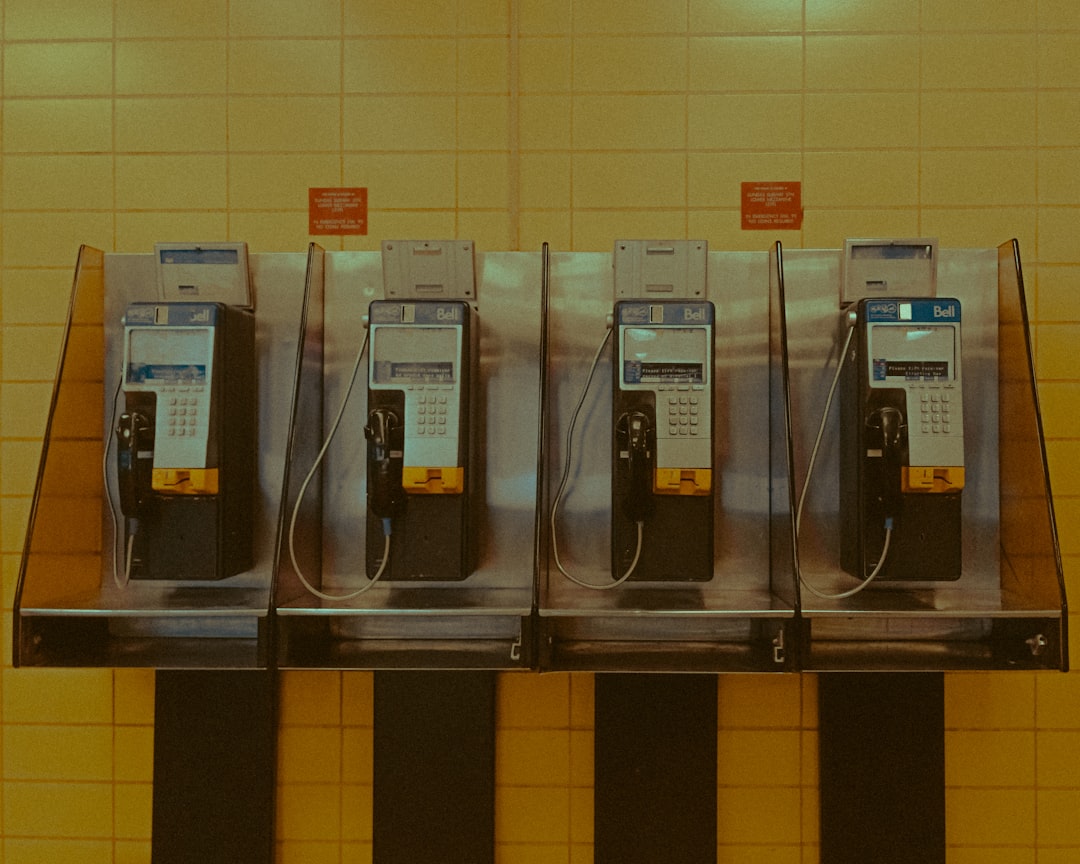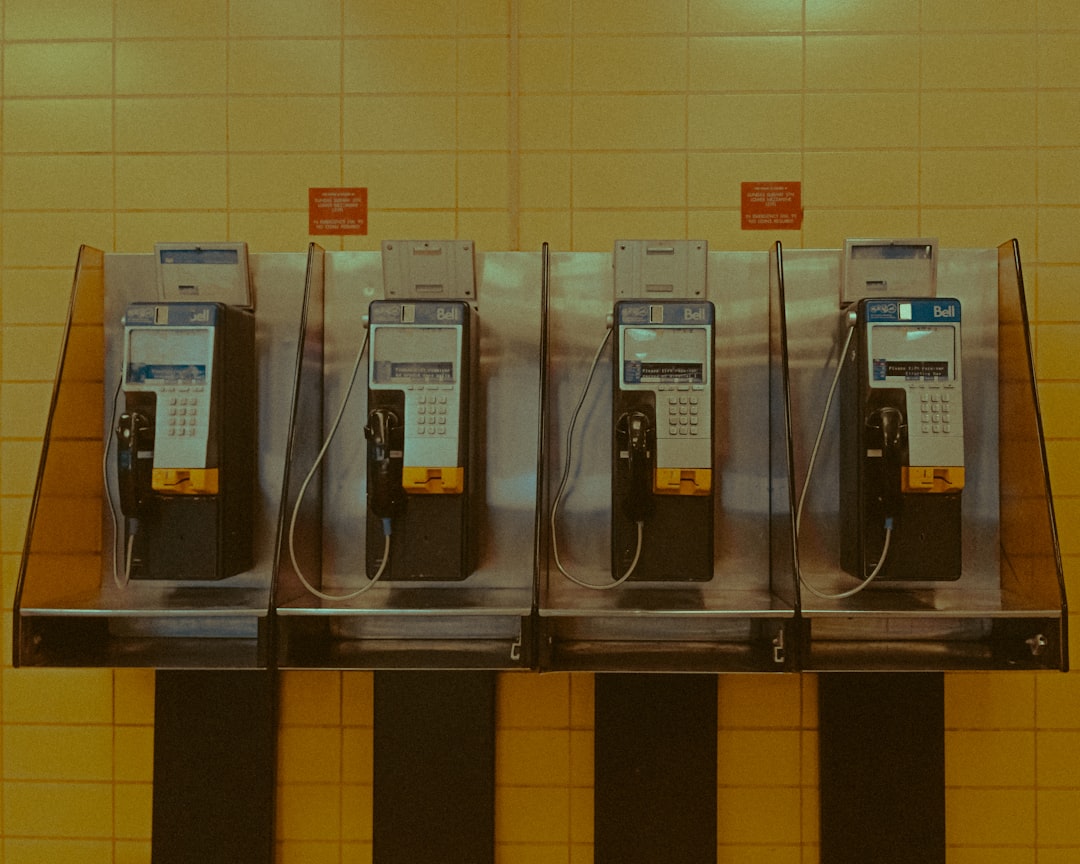Minnesota smartphone users can combat spam calls (robocalls) through state Do Not Call Registry, legal protections like TCPA and Minnesota Telemarketing Laws, blocking apps, registering with national registries, consulting robocall lawyers/spam call law firms for legal assistance, and utilizing keywords like robocall Lawyer Minnesota to find support.
Tired of relentless spam calls on your Minnesota smartphone? You’re not alone. Robocalls have become a pervasive nuisance, but understanding the legal framework behind them and employing effective blocking strategies can reclaim your peace of mind. This guide navigates Minnesota’s spam call laws, offers tips to identify and block robocallers, explores the power of Do Not Call lists, and provides insights into consulting a robocall lawyer in Minnesota for severe cases involving unwanted texts and calls.
Understanding Spam Calls and Their Legal Framework in Minnesota
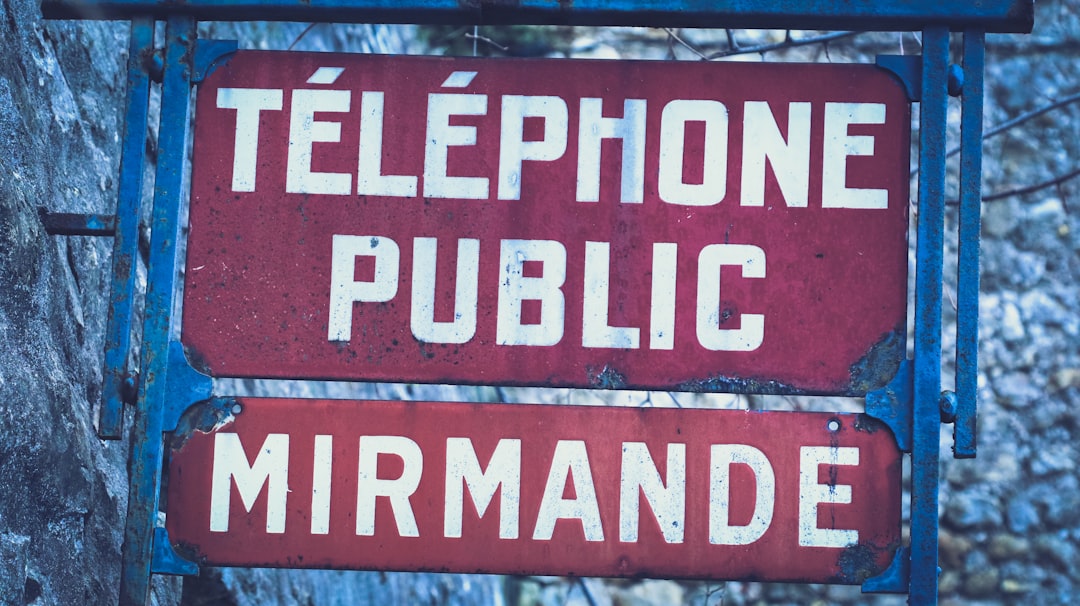
Spam calls, often referred to as robocalls, are a prevalent and annoying issue for many Minnesota smartphone users. These automated or recorded messages, typically delivered en masse, can be used for various purposes, some legitimate and others not. While many businesses use robocalls for marketing and sales, there’s a fine line between effective communication and invasive telemarketing. In Minnesota, the Do Not Call Registry plays a crucial role in mitigating unwanted calls, providing individuals with a way to opt-out of most promotional messages.
The legal framework surrounding spam calls is designed to protect consumers from excessive and nuisance calls. The Telephone Consumer Protection Act (TCPA) at the federal level and the Minnesota Telemarketing Laws provide guidelines on how businesses can conduct telemarketing activities. A robocall lawyer Minnesota or spam call attorney Minnesota can help navigate these laws, ensuring that businesses comply with regulations like obtaining prior express consent before making automated calls. Additionally, there are strict rules regarding the timing and frequency of such calls, with many restrictions on calls made to individuals listed on the Do Not Call Registry in Minnesota, often assisted by reputable do not call law firms Minnesota.
Identifying and Blocking Robocallers on Your Smartphone

Identifying and blocking robocallers is an essential step in managing spam calls on your Minnesota smartphone. One of the first lines of defense is to recognize the signs of a robocaller. Automated or robotic voices, prerecorded messages, and repetitive or scripted speech are common indicators. Additionally, if you notice a pattern of calls from unfamiliar numbers or the same number repeatedly, it’s likely a spammer.
Once identified, blocking these callers can be done through your smartphone’s built-in settings. Most modern devices have do-not-disturb modes or call-blocking apps that allow you to specify numbers to ignore. You can also register with national “Do Not Call” registries, though their effectiveness may vary. For more robust protection, consider consulting a robocall lawyer in Minnesota or a spam call law firm. They can guide you on navigating the state’s robocall laws and provide legal assistance if unwanted texts or calls become a persistent issue.
The Role of Do Not Call Lists in Minnesota
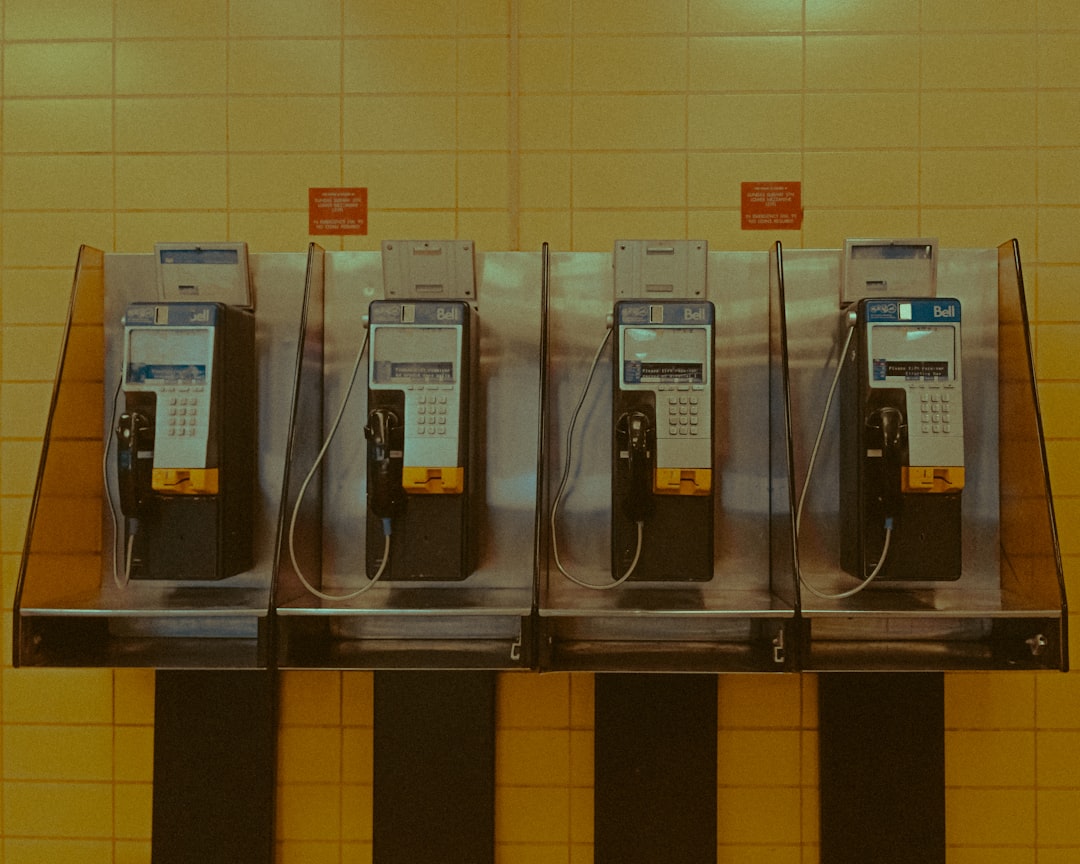
In Minnesota, managing spam calls and protecting residents from unwanted robocalls is facilitated by the state’s Do Not Call List (DNCL). This initiative allows individuals to register their phone numbers and opt-out of receiving marketing or sales calls. The list is a powerful tool for Minnesotans to assert control over their communication preferences, ensuring they don’t receive intrusive spam calls from robocall lawyers or other persistent telemarketers.
Registered numbers are strictly protected by Minnesota’s robust spam call laws. This means that once a phone number is on the DNCL, it becomes illegal for any company or individual to initiate automated calls or text messages advertising legal services or any other products and services without explicit prior consent. Residents seeking protection from unwanted communication can register through the state’s official website, empowering themselves against invasive robocall attorneys and ensuring a quieter, more peaceful digital experience.
Legal Actions Against Robocallers: Consulting a Lawyer

If you’re tired of relentless spam calls on your Minnesota smartphone, it’s important to know that legal actions are available against robocallers. Consulting with a lawyer specializing in robocalls and telecommunications law is a crucial step. In Minnesota, the Do Not Call laws and regulations aim to protect residents from unsolicited phone marketing, including prerecorded messages or “robocalls.” A robocall attorney can help you understand your rights and navigate the legal process if needed.
They can assist in taking formal action against spammers by filing complaints with relevant law enforcement agencies or seeking damages through legal proceedings. If you have evidence of repeated or malicious robocalls, including unwanted texts, a lawyer can guide you on how to use this information to your advantage. Remember, knowing your rights and having the right representation is essential in combating the nuisance of spam calls.
Effective Strategies to Stop Unwanted Texts and Calls
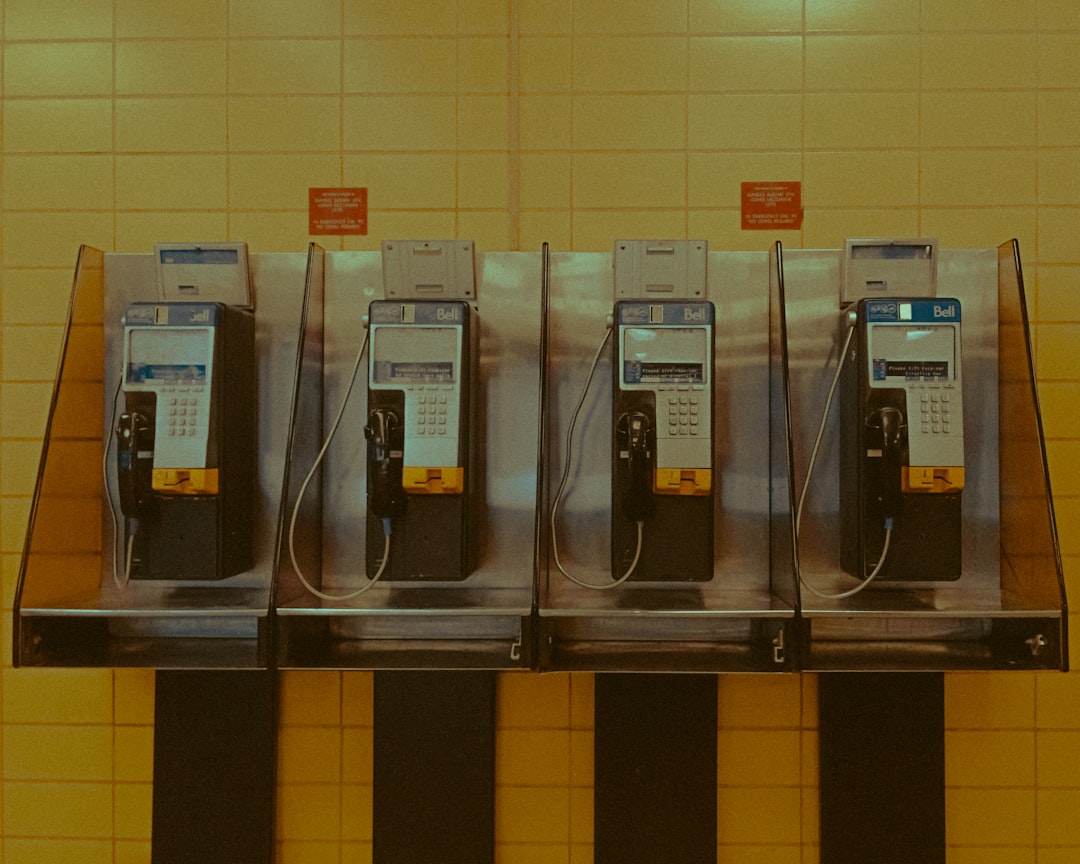
To effectively manage spam calls and texts on your Minnesota smartphone, consider implementing several robust strategies. First, register for a Do Not Call list with both the state and federal government agencies to restrict unwanted advertising calls. This simple step can significantly reduce the volume of robocalls you receive. Additionally, install reputable call-blocking apps that learn to identify and block spam numbers over time. Many such apps offer customizable settings to allow you to whitelist trusted contacts while maintaining a strict policy against known spammer numbers.
Seeking legal advice from a robocall lawyer Minnesota or spam call attorney Minnesota is another powerful strategy. They can guide you on the robocall laws Minnesota and do not call law firms Minnesota that protect your rights as a consumer. These professionals can help block persistent spam calls and even sue companies violating these laws, offering financial compensation for the inconvenience caused by unwanted texts and calls. Remember, knowing your rights and taking proactive measures is key to maintaining a peaceful digital environment.

